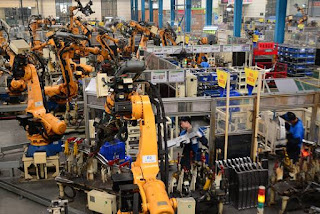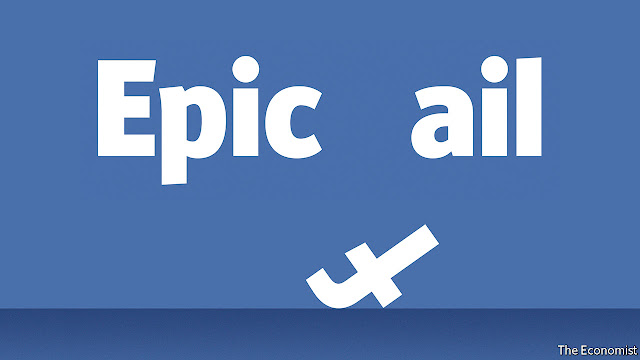Education versus Technology

I work at the technology-education interface. Most of my day is spent in thinking about how to use technology to expand access to education and to enhance our capabilities to educate. Sometimes, I look at the other side of the equation: How education may help spread the use of technology and enable more people to benefit from new technology. An early convert to the Internet, I rarely thought about an education to confront technology. Until recently, that is. But I am increasingly uneasy about what technology does. It's quite clear what Facebook can do, and often does: Shape our daily lives and make us dance to the tune of some shadowy master! WhatsApp can take over our every waking moment and drown us in hate-filled cacophony. Google can box us into echo chambers of our queries. Then there are others, like Oracle, who thrives on an empire built around our data. For me, it looks like a prison of mirrors, where our every little move is observed, repeated and studied eternally,...





